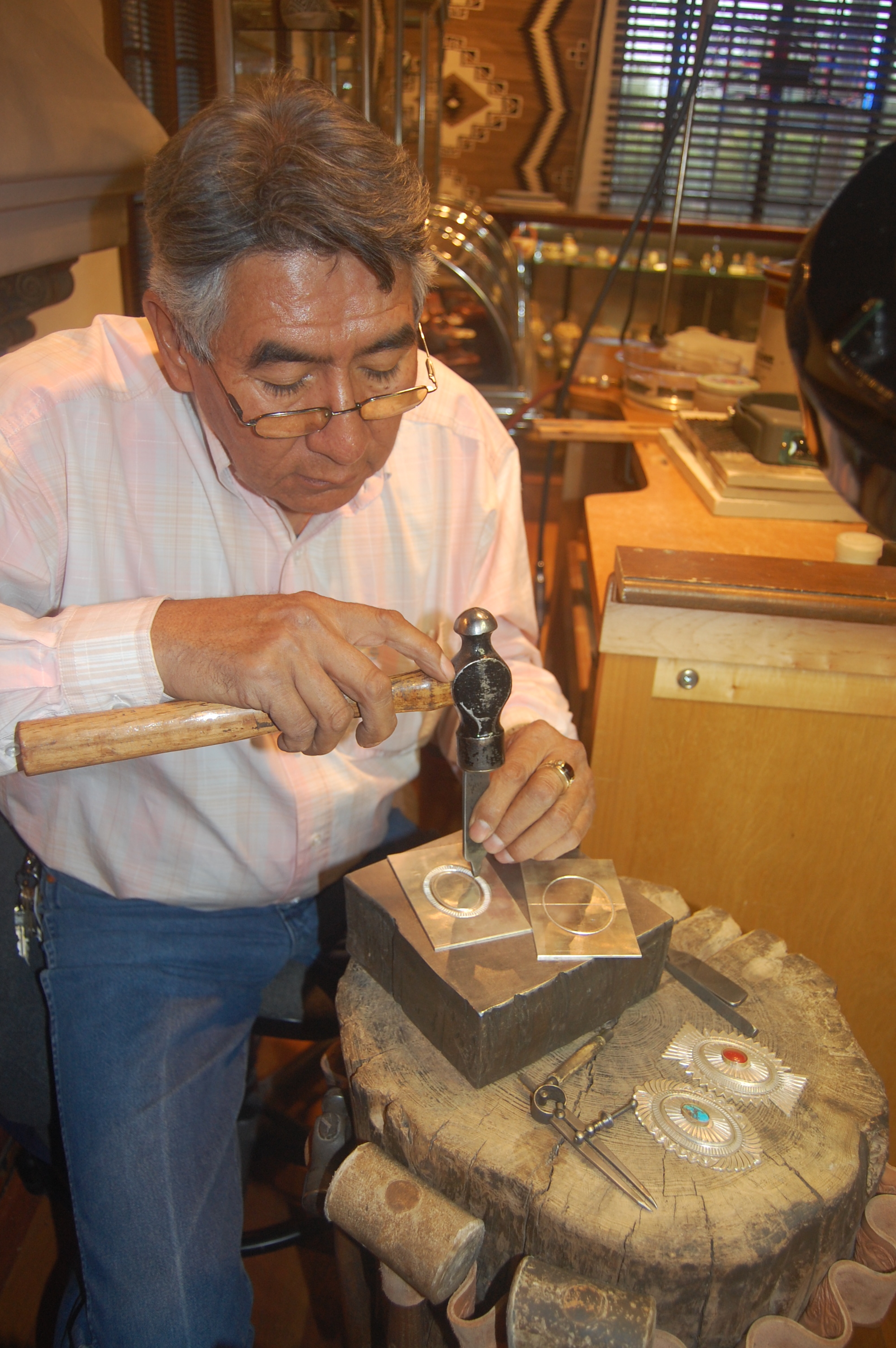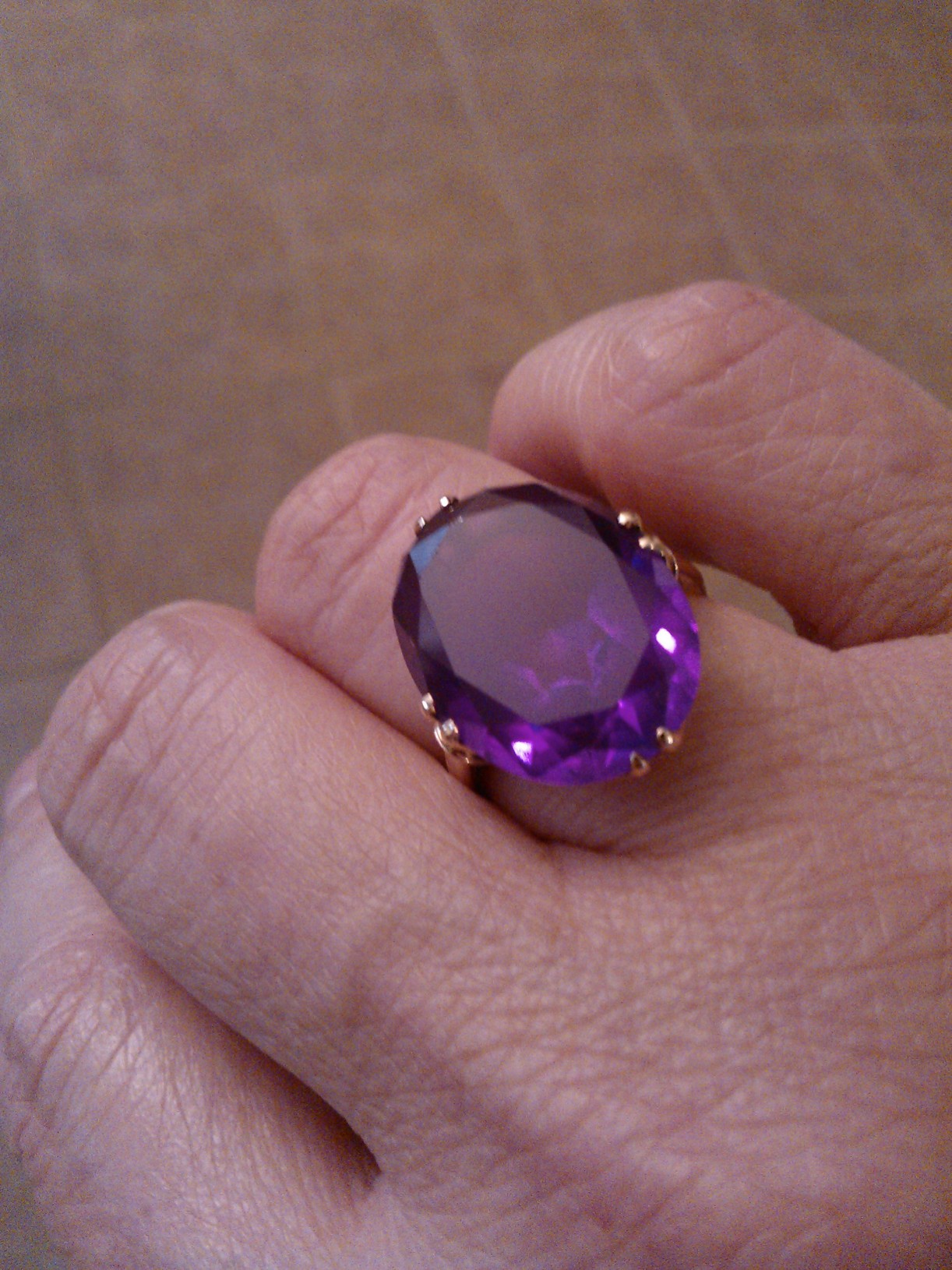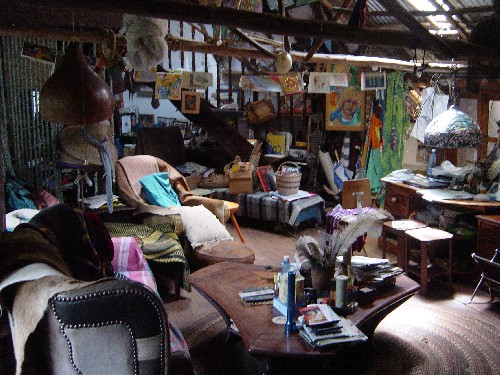I would be a rich woman if I had a dollar for every time I heard a family member tell the story of an heirloom in which the story gets bigger and better with every telling. It’s like the old parable, “The fish that got away was THIS big …” and every time the story is told the fish miraculously gets bigger.
As estate professionals, we have the same challenge when discussing and valuating family heirlooms and other treasured items. I visit clients in their homes and enjoy each of them as I listen to their stories. However, I know what the values really are, regardless of the verbal family stories.
The hard part for me, and for the client, is providing proof that the following really happened:
- “Did you know Abraham Lincoln sat in that chair?”
- This belt buckle once belonged to Robert E. Lee.”
- Our grandmother told us Teddy Roosevelt took a picture with daddy, but we don’t know where that picture is.”
We know what these items are worth on a monetary level, but you can’t place a value on sentimentality. Sentimentality is priceless. Sentimental items are what we mostly find.
Could some of these family stories actually be true? Who’s to say. Perhaps they are. But without provenance, or history of the piece, it leaves a question mark and it’s impossible to valuate. The needed proof would be, for example, a photo of Abraham Lincoln really sitting in that chair with the original upholstery, or a document that proves it was at a historic event or with a person of distinction. Without proof, we can only appraise what we see based on the characteristics or its aesthetic value. It then becomes just an “old chair.”
I look back into my experiences with all kinds of families and wonder why most people seem to exaggerate about possessions. Here’s what I came up with:
- It’s their version of the truth as they see it.
- To make the item more “valuable”
- To accentuate the positive.
- To make the mundane more exciting
- To give their heirs a legacy they believe is valuable
Maybe Abraham Lincoln did sit in that chair. Or maybe he sat in one just like it, and that’s how the story got started. Someone heard what they wanted to hear and generations of tongues did the rest. It happens in every family. Remember too, that people hear what they want to hear.
The bottom line is that we professionals don’t want our clients to be disappointed when they go sell these items and the prices brought don’t match the stories behind the pieces. Very often, this is the case. Setting your expectations in neutral before the estate process gets started means we all are one step ahead.
Research professionals before you hire them, but then listen to them with an open mind. We know the items in the majority of our estates, and if we don’t, we can research them. Have faith that we handle these possessions every day and can advise you correctly and honestly.
©2014 The Estate Lady®
Julie Hall, The Estate Lady®, is the foremost national expert on personal property in estates, including liquidating, advising, and appraising. http://www.TheEstateLady.com She is also the Director of American Society of Estate Liquidators®, the national educational and resource organization for estate liquidation. http://www.aselonline.com.
No part of The Estate Lady® blogs, whole or partial, may be used without Julie Hall’s written consent. Email her at Julie@TheEstateLady.com.







